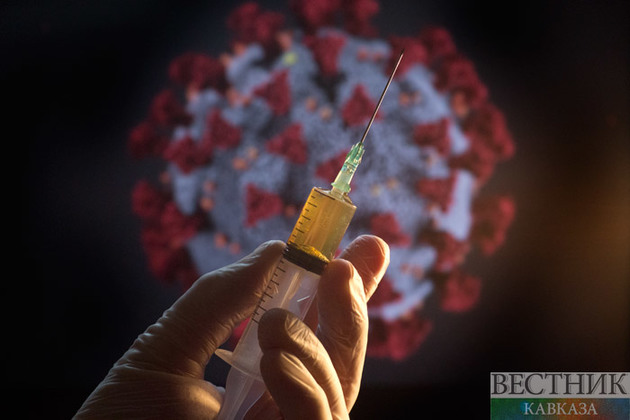Five virologists said few conclusions can be drawn based on the available scientific evidence, but they noted that the context and circumstances of the debate have changed, NBC News reports. Alina Chan isn't saying the coronavirus definitely leaked from a lab in China. What she is saying is what more scientists have grown comfortable discussing publicly: There's no clear evidence either way.
"I know a lot of people want to have a smoking gun," said Chan, a postdoctoral associate at the Broad Institute of MIT and Harvard University who specializes in genetic engineering and has been vocal about the need to investigate the possibility of a lab leak. "It's more like breadcrumbs everywhere, and they're not always leading in one direction. It's like the whole floor is covered in breadcrumbs."
Chan was one of 18 scientists who published a letter in the journal Science last month calling for a more in-depth investigation into the virus's origin that takes into account theories about both natural occurrence and laboratory spillovers. The letter helped kick-start a new round of calls to investigate the "lab leak hypothesis," including demands from President Joe Biden and several leading scientists.
And while public discussion of a potential lab leak has shifted significantly in recent months, as more people pay attention to a theory that was originally promulgated by former President Donald Trump and his followers, the scientific evidence has remained unchanged, according to interviews with five virologists who have experience in microbiology, infectious disease ecology and viral evolution.
The researchers offered near-uniform summations that few conclusions can be drawn based on the available scientific evidence, but they noted that the context and circumstances of the origin debate have changed, particularly as critics point out that China hasn't been fully transparent about the earliest days of the pandemic.
The shift reflects how some scientists who previously avoided the topic or were quick to dismiss it are grappling with enduring uncertainties about the virus's origin, free from the politicization that clouded such discussions during the Trump administration.
Chan said there had been trepidation among some scientists about publicly discussing the lab leak hypothesis for fear that their words could be misconstrued or used to support racist rhetoric about how the coronavirus emerged. Trump fueled accusations that the Wuhan Institute of Virology, a research lab in the city where the first Covid-19 cases were reported, was connected to the outbreak, and on numerous occasions he called the pathogen the "Wuhan virus" or "kung flu." "At the time, it was scarier to be associated with Trump and to become a tool for racists, so people didn't want to publicly call for an investigation into lab origins," she said.
Now, more scientists are comfortable confronting the gamut of plausible theories — particularly given China's opacity about the topic — although many still caution that entertaining the idea of a lab leak requires clear scientific proof, which hasn't materialized. "There has been no new evidence over the past 16 months that the virus had a lab origin," said Maciej Boni, an associate professor of biology at Penn State University, who specializes in tropical disease epidemiology and viral evolution.






